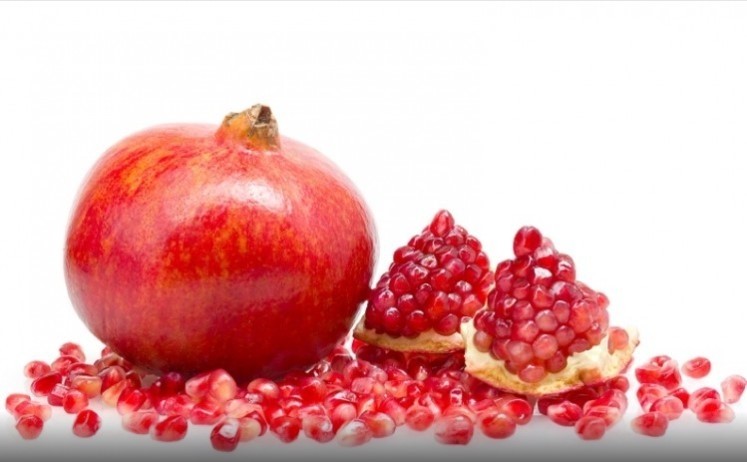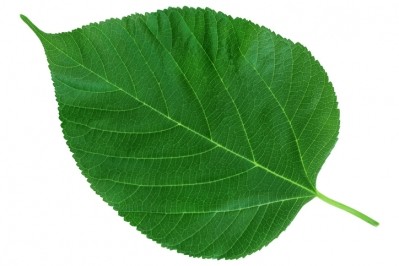Olive and pomegranate extract can improve lipid profiles and reduce the risk of cardiovascular disease, say scientists

Researchers at the University Hospital La Paz in Madrid observed that oral intake of a combined olive and pomegranate extract reduced plasma triglycerides, decreased low-density lipoproteins (LDL), and increased high-density lipoproteins (HDL) in adult participants with dyslipidaemia, without co-adjuvant treatment.
The extracts contain the polyphenols hydroxytyrosol (HT) and punicalagin (PC) shown to alleviate symptoms associated with dyslipidaemia, a condition resulting from an imbalance of different lipids (triglycerides, total cholesterol, HDL, and LDL), which increase the likelihood of developing CVD.
“A high level of circulating oxidised (ox) LDL is a marker of endothelial dysfunction (ED) and a predictor of future CVD events in apparently healthy or asymptomatic subjects,” the report states.
“Therefore, the regular intake of supplements containing both HT and PC, which reduce the formation of oxLDL in subjects with elevated oxLDL levels, may help to reduce the CV risk in these subjects.”
Risk profile
CVD is the leading cause of global mortality and figures suggest approximately 23.3 million people will die from the disease in 2030, although most cases can be prevented through behavioural changes (such as reducing smoking and alcohol intake, improving diets, and increasing physical activity).
Atherosclerosis, or atherosclerotic vascular disease (ASVD), is a major precursor to CVD. It is characterised by a number of pathophysiological mechanisms, including endothelial dysfunction (ED) and oxidative stress (OS). Levels of oxLDL is an important marker in the atherogenic process and contribute significantly to the development of ASVD.
Statins are the most effective class of drugs for improving lipid profiles but up to 10% of patients experience side-effects that reduce compliance, thus limiting the risk reduction potential, the authors write. “Therefore, safe and effective alternatives are of great clinical interest.”
Polyphenols are recognised as effective therapeutic treatments for a number of diseases, including CVD and its risk factors. Studies corroborate the cardioprotective properties of HG (from olives) and PC (from pomegranate), suggesting adequate intake may reduce CVD morbidity and mortality.
Study criteria
Researchers carried out a 20-week study to determine the effect of supplementation with HT and PC on endothelial dysfunction and other early ASVD markers in healthy middle-aged subjects.
Eighty-four adults aged 45 to 65 years were recruited (17 men and 67 women), although 17 dropped out in the follow-up. Exclusion criteria included drug treatment for CV risk, metabolic syndrome diagnosis, mental illness or low cognitive ability, liver or kidney disease, cancer, and family background of premature vascular disease.
Normal dietary patterns were maintained and recorded for the week prior to the study and at the end of each intervention period.
Participants were randomly assigned to one of two treatment programmes involving daily oral supplementation with HT (9.9mg), PC (195mg) and maltodextrin (995.1mg) per day, or the placebo (1.200mg maltodextrin), for eight weeks.
Treatment was followed by a four-week ‘wash-out’ period and a cross-over. Subjects consumed three capsules per day with meals during the eight-week intervention.
Bioactive capsules were supplied by German pharmaceutical company, Euromed, and the placebo by Probelte Pharma.
Outcomes
Daily supplementation with HT and PC for eight weeks significantly improved endothelial function and blood pressure and reduced LDL oxidation. These effects were primarily observed in subjects at risk of developing cardiovascular disease.
No adverse effects were observed.
Systolic and diastolic blood pressure (BP) significantly improved in the total population, particularly among subjects suffering from prehypertension or hypertension. “This finding is important because, in addition to hypertension, prehypertension also increases the risk of CVD and CV events,” the authors write.
Results also revealed substantial improvements in flow-mediated dilatation (FMD) among subjects with ED, which suggests that subjects with the condition could benefit from supplementation with HT and PC, even if undiagnosed.
The authors conclude that regular intake of a supplement containing HT and PC may reduce the risk of CV in these subjects.
Source: Nutrients
Published online, doi:10.3390/nu11030640
‘Supplementation with Hydroxytyrosol and Punicalagin Improves Early AtherosclerosisMarkers Involved in the Asymptomatic Phase of Atherosclerosis in the Adult Population: A Randomized, Placebo-Controlled, Crossover Trial’
Authors: Rebeca Quirós-Fernández et al.






